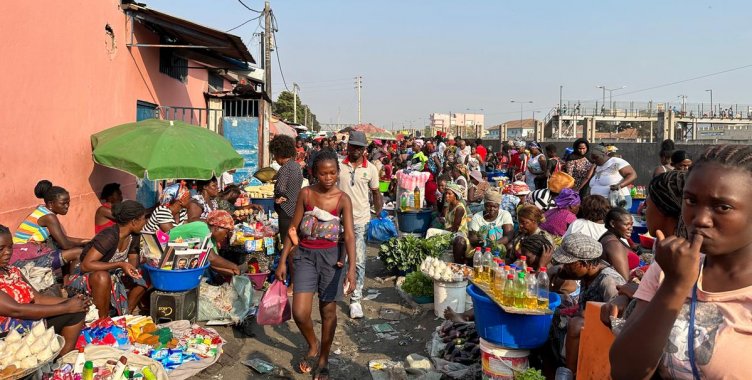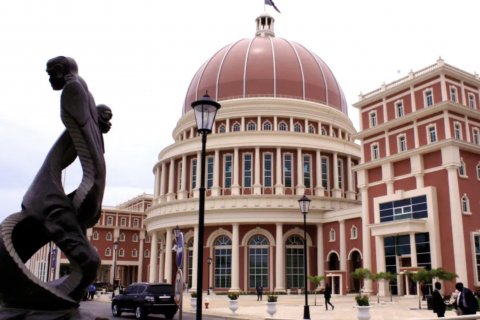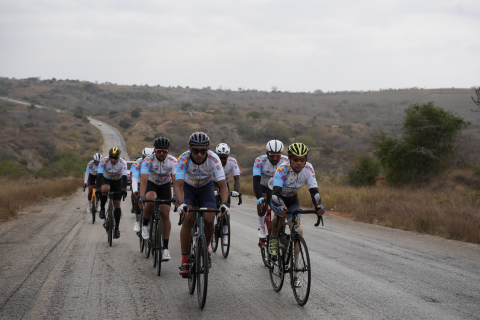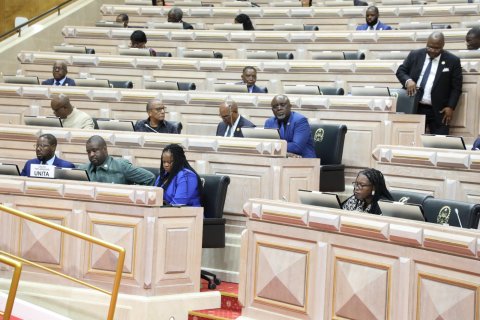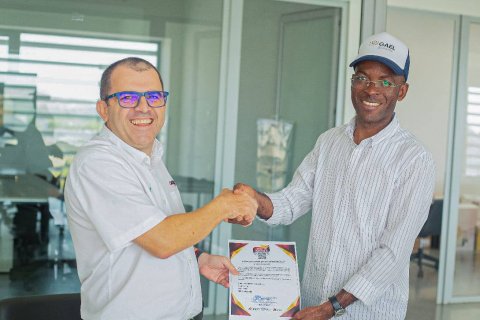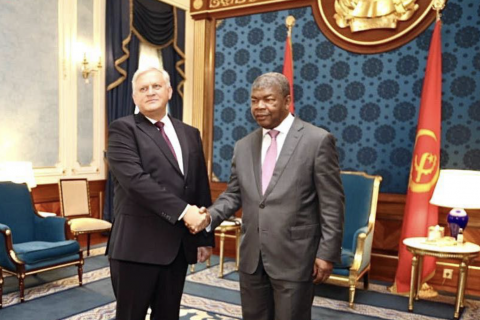According to the director of FoA, a civil society organisation based in the United States of America (USA), there are "systematic restrictions on freedom of expression, peaceful assembly and association, particularly targeting activists, independent journalists and civil society organisations".
Florindo Chivucute stressed that "recent cases of intimidation, arbitrary arrests and excessive use of force by the authorities, including against citizens who are legitimately protesting for unpaid wages or for improvements in essential public services, reinforce the perception of an environment hostile to civic participation".
"The instrumentalisation of the judicial system to silence critical voices is also a reality that undermines the foundations of the rule of law", Florindo Chivucute told Lusa.
The activist highlighted that although official speeches call for democracy and dialogue, in practice, "civic space remains narrow, monitored and, often, criminalised".
In recent months, he said, the organization has received, "on a recurring basis", reports of "police repression, violations of the right to peaceful protest, judicial arbitrariness and cases of political violence".
"For FoA, defending and expanding civil liberties in Angola requires not only internal structural reforms, but also international solidarity, consistent diplomatic pressure and the strengthening of Angolan civil society as a legitimate agent of democratic transformation", he stressed, in statements to Lusa, on the eve of the 17th US-Africa Business Summit, in Luanda.
The director of FoA, an organization that benefits from international partnerships, considered the suspension of the USAID mission in Angola "a significant setback for civil society organizations that depend on partnerships with international agencies to promote good governance, human rights and civic participation".
"In the case of Friends of Angola, although we are not directly funded by USAID (...) it had concrete and immediate impacts. We were forced to significantly reduce our activities in the country," he stressed.
Since its creation in 2014, FoA has relied on financial support from the National Endowment for Democracy (NED), said the president of this organization, who remains "hopeful that the United States Congress will approve the NED budget for the next fiscal year."
The suspension of USAID support, he said, significantly weakened not only funding, but also "diplomatic pressure from the United States in defense of civil society and human rights in the country."
"Historically, the presence of USAID and other US agencies has functioned as an instrument of active diplomacy, promoting democratic values, supporting institutional reforms and protecting civic spaces in authoritarian contexts or political restrictions," he argued.
According to the official, the Angolan community in the diaspora, particularly in the US, "plays a strategic and complementary role in combating the erosion of civil liberties and promoting democracy in Angola".
"Organizations such as Friends of Angola act as bridges between Angolan civil society and the international community, with the capacity to monitor, denounce, influence foreign policies and mobilize global solidarity", he stressed.
Angola will host the 17th edition of the US-Africa Business Summit from the 22nd to the 25th of this month, which will be attended by 1500 people, including delegates and heads of state, with the main objective of attracting capital from the United States and US companies.
The director of FoA welcomes the holding of the meeting, considering it a strategic moment to strengthen relations between the United States and the African continent, and the strengthening, in particular, of a partnership with Angola, which "should be based on shared values, not just on geostrategic or economic interests".
"African – and Angolan – democracy needs, more than ever, firm and coherent allies," he argued.

